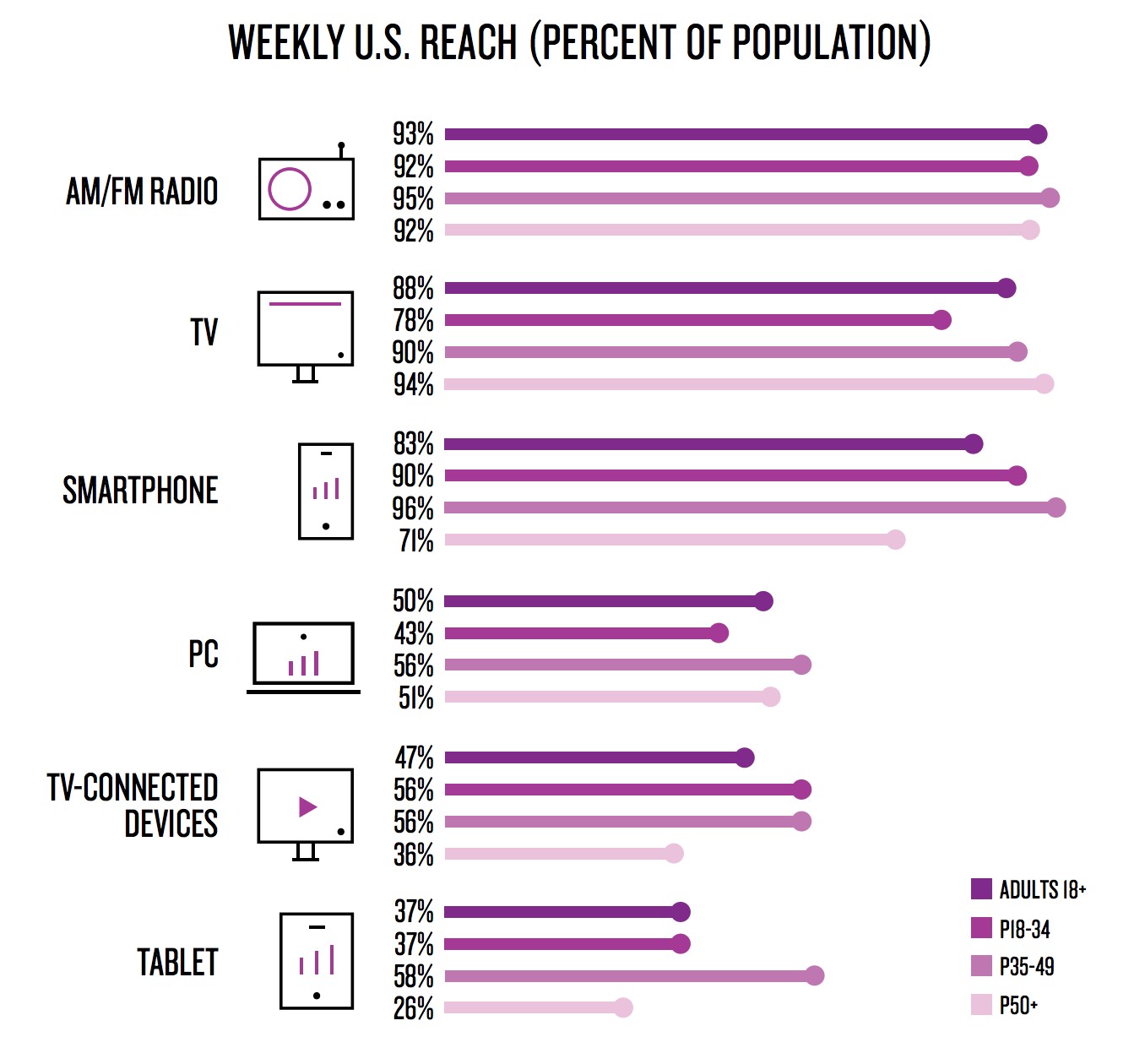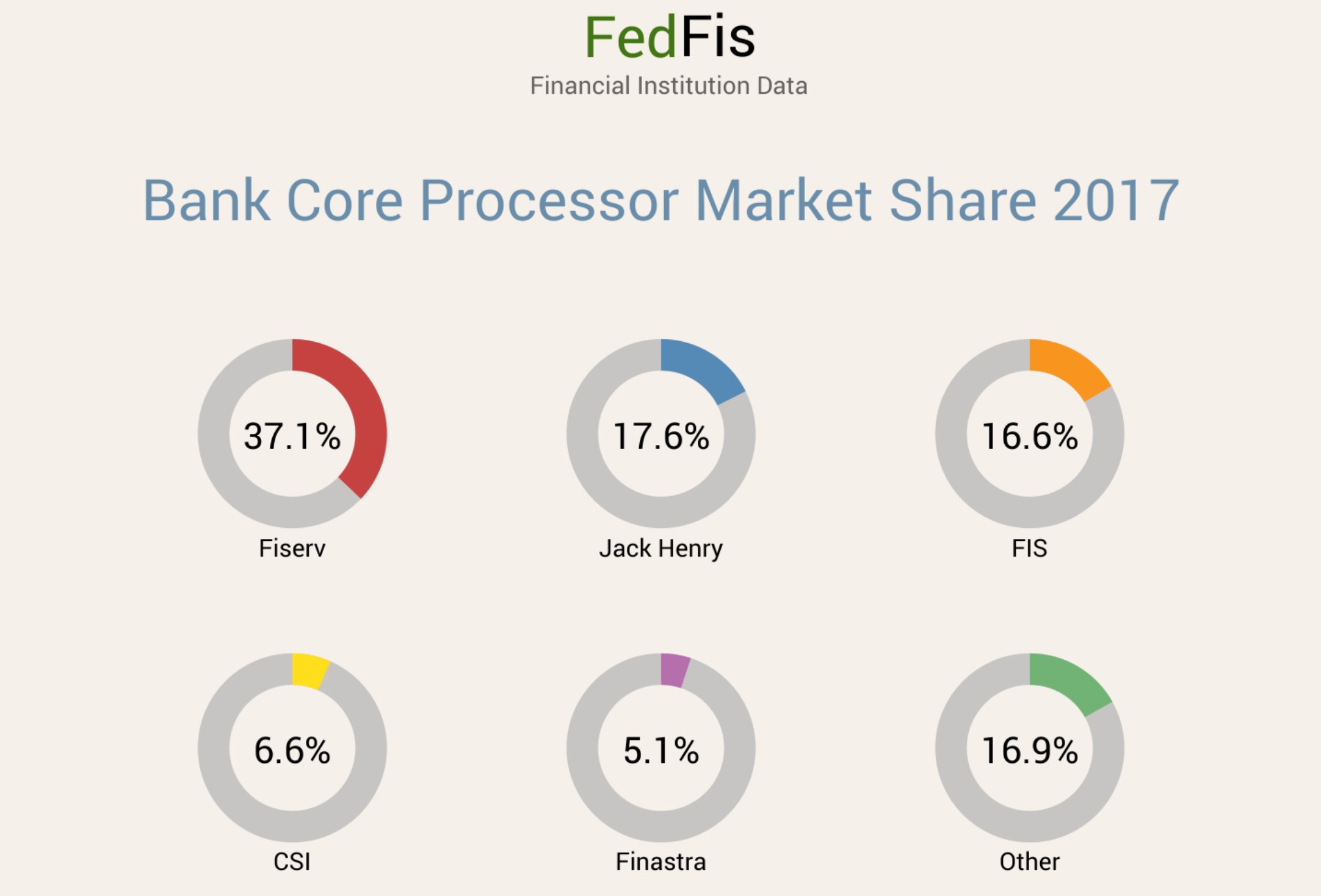An Illiquid Lunch
To Focused Compounding members:
There are a couple sayings every modern investor and econ student has had drummed into him over and over again. One is: “there’s no such thing as a free lunch.” It sounds like the kind of thing an economist would come up with. Though it’s not. In the 1970s, an economics writer (Milton Friedman) took the saying from a science fiction writer (Robert Heinlein) who had – in the 1960s – simply transplanted an old 1940s saying to the moon. The actual marketing ploy of giving a free lunch dates back to 1800s America. Some bars in the U.S. offered a free lunch to new customers as a loss leader to drive sales of booze. The marketing ploy has long been forgotten. But, modern economists have embraced the saying, with Gregory Mankiw – in a textbook that has, no doubt, earned him tens of millions of dollars in royalties – describing the principle as: “To get one thing that we like, we usually have to give up another thing that we like. Making decisions requires trading off one goal against another.” That’s not as catchy as saying “there’s no such thing as a free lunch.” But, it’s a lot more honest. Because, there is – of course – such a thing as a free lunch. It’s called trade. Two centuries back, David Ricardo explained comparative advantage, a concept which basically boils down to the maxim that: “if two parties can trade with each other, it’s best for each party to focus on the thing they themselves do best.” The thing you should train yourself to get best at is learning to hold illiquid stocks. I know of no simpler way to improve your lifetime rate of compounding than to accept lower liquidity in exchange for higher returns. Lucky for you, there’s always someone willing to take the other side of that trade. In a 1990s episode of a series in the Star Trek franchise, a character from a very capitalistic species of alien traders explains his people’s belief that:
“…there are millions upon millions of worlds in the universe, each one filled with too much of one thing and not enough of another. And the Great Continuum flows through them all, like a mighty river, from ‘have’ to ‘want’ and back again. And if we navigate the Continuum with skill and grace, our ship will be filled with everything our hearts desire.”
Well, there are millions upon millions of traders out there looking to buy and sell many of the same stocks you are looking to buy and sell. And the one thing they all want – and you’ve got – is liquidity. Like the case for trade, the case for investing in illiquid stocks is backed up by the historical record. Those of you who follow me on Twitter (@GeoffGannon) saw me retweet a table of historical returns from the 1970s through today which showed that even within each market cap size – …
Read more

